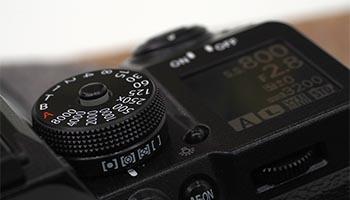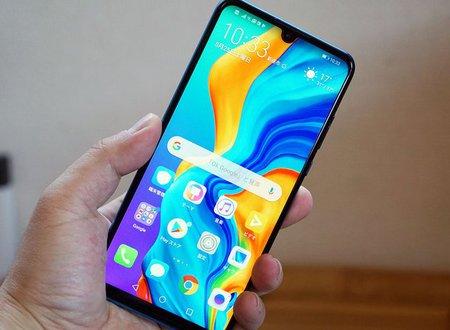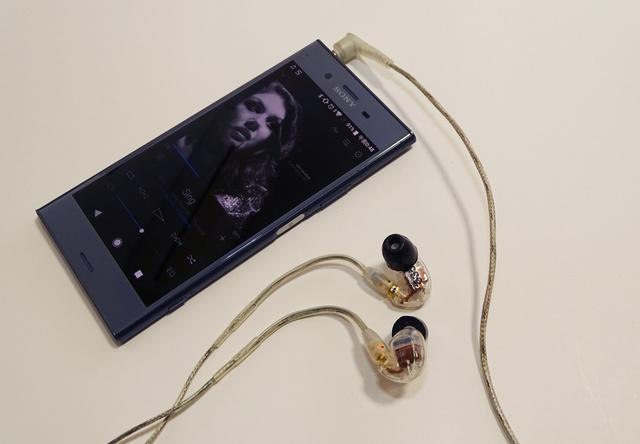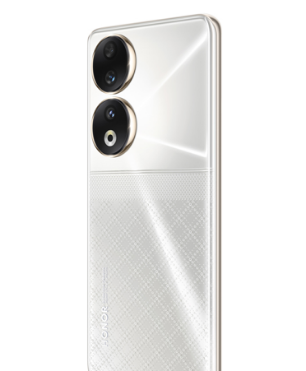When I was using Casio's digital camera "QV-10" in the middle of the 90's. 250,000 pixels! Then, the image is too rough to be used for coverage. It was positioned as a little 3D scanner and image memo. When I was out and only had the QV-10 with me, I encountered a very nice scenery and thought. "Oh, I should have taken it with a film camera." The pictures I took with the QV-10 were so good that I couldn't even tell where the scenery was taken. It was a time when only film cameras were practical. Time passed, and when the number of pixels in general digital cameras increased to nearly 10 million pixels, film cameras were gradually being replaced. I was carrying a film camera by chance, and when I encountered a beautiful scene, I thought: "Oh, I should have taken a picture with a digital camera." Film cameras are expensive. It starts with buying film, developing and enlarging. In addition, a scanner was needed to digitize it, making it compatible with the digital environment. If the image quality is comparable with digital cameras, the significance of existence of film cameras will be reduced. Now the film camera has turned into a photographic tool used by some dilettantes. It was historically inevitable that the digital camera would take over. Having lived for more than half a century, I am a true camera generation who learned to take pictures with a film camera. Even though I switched from film to digital, I don't want to say that even if my mouth is torn, my smartphone will take better pictures than my SLR. In my heart, I think that the photos I took with my smartphone look a little better, but I tell myself that the details are overwhelming with the digital camera. How much do you think you've invested in cameras and lenses? With such a history and the weight of equipment, there's no way a smartphone that's likely to break if you put it in your back pocket can win. With a single-lens reflex camera, if it goes well, you can take beautiful and good pictures. Hopefully. But more often than not, it fails. Out of focus. It's blurry. Color balance is messed up. It was too bright. It was too dark. That's what the photo was originally. Photography is a technique that can be acquired by experiencing failures and overcoming them. Now, however, the focus position can be changed later. You can take good quality pictures even in almost total darkness. AI (artificial intelligence) judges the situation and selects the appropriate aperture, shutter speed, sensitivity and color balance. You can also adjust the lighting and take portraits that put the pros to shame. Even the photo opportunity is judged by AI. Such is the era. If you have a smartphone. The words of the young reporter introduced at the beginning symbolize such an era. Chinese smartphone maker Huawei's presentation was blown away. In the future, it is said that technology will be developed that can capture invisible objects. For example, photon imaging technology. It was about being able to take pictures of the internal structure of cars and the human body, and to take pictures of things beyond corners. It was at the keynote speech of "CES ASIA 2018" held in Shanghai. As expected, there is only a company that has developed a CPU with an AI function and installed it in a smartphone. The company was also the first to install two camera units in a smartphone and install a function that allows refocusing after shooting. Even though the furoshiki is quite large, the technique of capturing invisible things cannot be said to be impossible. Will the camera still survive then? Will it survive as a dilettante's tool like a film camera? Or will it disappear? Camera manufacturers are now at a crossroads. If you don't break through the two walls, the camera will die. Communications and brains. In the future, these two will be indispensable for the essential functions of photography. Cameras have no future if they can only run standalone and can only be loaded with CPUs with limited processing power. If you fight with your hands tied, it's only natural to lose. In addition to the function of taking pictures, the camera has the appeal of being a machine. It's a mysterious charm that makes you feel like you can take good pictures just by holding it. I like cameras as machines. I like the act of taking pictures with my favorite camera, and I also like photography itself. The exhilaration and enjoyment of taking pictures with your favorite camera cannot be experienced with a smartphone. That's why I want the camera to survive. I sincerely hope. I don't want people to say, "I should have taken a picture with my smartphone." I would like to expect the excitement of camera manufacturers. (BCN, Ichiro Michikoshi)





















